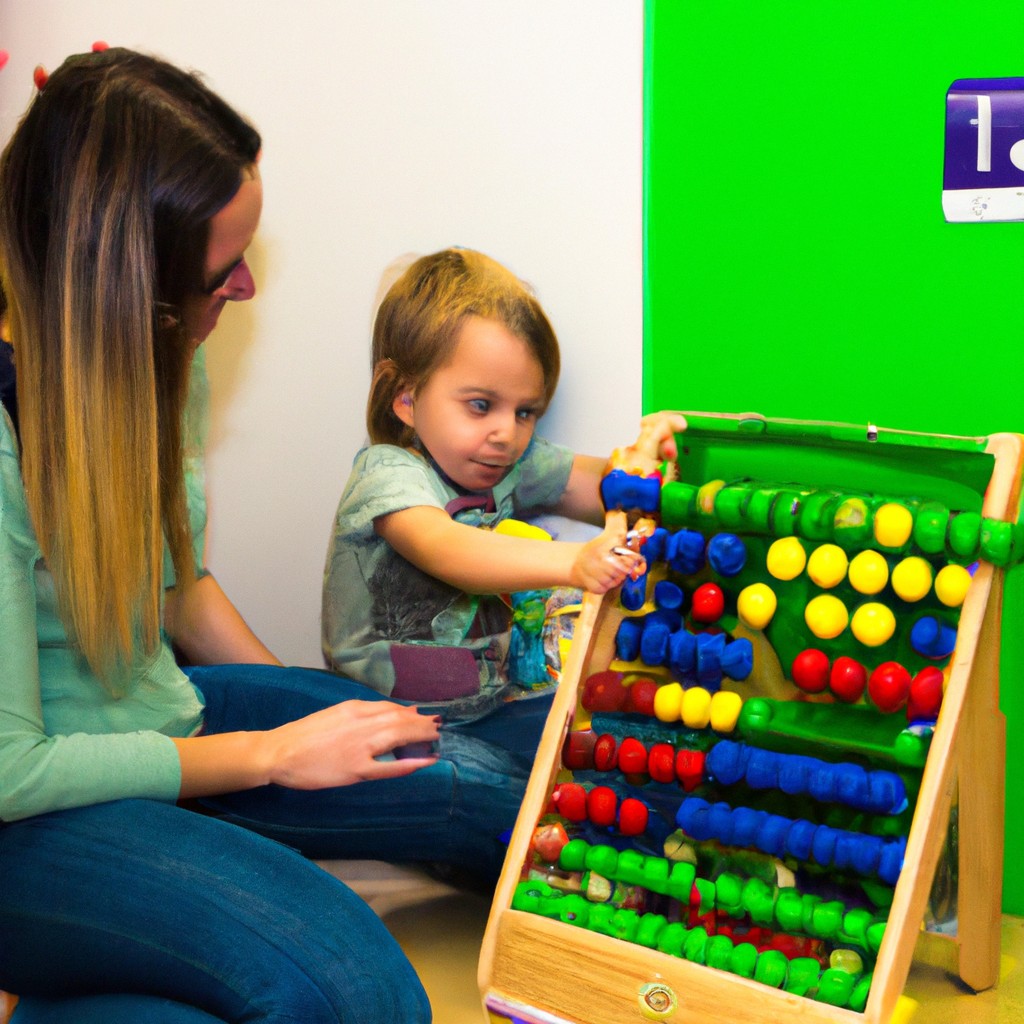Different types of job training programs

Job training programs come in various forms like apprenticeships, vocational schools, online courses, and on-the-job training. Choosing the right program depends on individual goals and preferences. Apprenticeships combine real work experience with classroom instruction. Vocational schools focus on specific skill-building in areas like healthcare, technology, and trades. Online courses offer flexibility and accessibility for diverse learners. On-the-job training provides hands-on experience under the guidance of experienced professionals. Each program has its strengths and benefits, catering to different learning styles and career paths. It is important to carefully consider options to make an informed decision.
Read more
Transferable skills in different industries.

Transferable skills are abilities gained in one job that can be applied in different industries. For instance, communication skills are essential in various fields such as marketing, customer service, and management. Problem-solving skills are valuable across industries to overcome challenges effectively. Leadership abilities can be utilized in different sectors to motivate teams and achieve common goals. Adaptability skills are crucial in dynamic work environments for quick adjustment to changes. Time management skills aid in meeting deadlines regardless of the industry. These transferable skills enhance an individual's versatility and employability, making them valuable assets in various professional settings.
Read more
Strategies for developing transferable skills

Developing transferable skills involves identifying key strengths, practical experiences, and areas for improvement. Set specific goals to enhance your skills. Engage in ongoing learning and seek opportunities to apply new skills in diverse situations. Build strong communication abilities by listening actively and expressing ideas clearly. Collaborate with others to gain different perspectives and solve challenges creatively. Embrace feedback positively and continuously refine your skills through practice and reflection. Be adaptable and open to new experiences to broaden your skill set. Cultivate a growth mindset that drives your motivation to learn and grow professionally. Take initiative and seize opportunities for skill development proactively.
Read more
Primary Education

Primary education is the foundation of a child's academic journey. It shapes young minds, igniting curiosity and learning. Teachers play a crucial role, fostering creativity and critical thinking. Students acquire basic skills like reading, writing, and arithmetic. The classroom is a vibrant space, buzzing with energy and enthusiasm. Interactive learning activities make education engaging and fun. Through primary education, children develop social skills and learn to work in teams. It is a time of exploration and discovery, where young learners build confidence and independence. Primary education lays the groundwork for future success, empowering students to pursue their dreams and aspirations.
Read more
Preschool Education

Preschool education lays the foundation for lifelong learning, nurturing curiosity and creativity in young minds. Children thrive in structured yet playful environments, fostering social skills and emotional intelligence early on. Teachers guide with patience and encouragement, fostering a love for learning through interactive activities. Creative play enhances cognitive development, building essential skills while sparking imagination and a sense of wonder. In preschool, every moment is a chance to explore, discover, and grow, giving children a solid start for their educational journey. The colorful and welcoming classrooms create a safe and stimulating space where young learners feel empowered and excited to learn.
Read more
Importance of developing transferable skills

Developing transferable skills is essential for adapting to diverse work environments and increasing employability. These skills cut across sectors and roles, enabling individuals to pivot effortlessly between job opportunities. Such skills include communication, critical thinking, and emotional intelligence, which are valued by employers globally. They facilitate personal growth and career advancement by fostering resilience and adaptability in the face of challenges. Moreover, transferable skills empower individuals to navigate the evolving job market with confidence and agility. Investing in honing these skills can open doors to new experiences and opportunities, shaping a successful and fulfilling professional journey.
Read more
Strategies for continuous self-improvement

To enhance self-improvement continuously, set clear goals and take consistent action towards them. Reflect on past experiences to identify areas for growth and learning opportunities. Seek feedback from others and be open to constructive criticism. Embrace challenges as chances to develop new skills and knowledge. Cultivate a growth mindset by viewing setbacks as stepping stones to success. Invest in self-care and personal development activities to maintain a healthy work-life balance. Stay resilient in the face of obstacles and setbacks, and celebrate small achievements along the way. Remember that self-improvement is a lifelong journey, and progress is more important than perfection.
Read more
Setting goals for personal and professional development

Setting goals for personal and professional development can transform your life positively. Start by reflecting on your aspirations and values. Create actionable steps and timelines to achieve your objectives. Monitoring progress and adapting strategies are vital. Seeking feedback and support can enhance your growth journey. Celebrate achievements and learn from setbacks. Embrace challenges and strive to improve continually. Remember, setting ambitious but realistic goals is key to unlocking your full potential and experiencing fulfillment. Stay committed, stay resilient, and embrace the journey of personal and professional growth with determination and enthusiasm. Your goals define your path, empower your actions, and shape your future success.
Read more
Examples of transferable skills

Transferable skills are those abilities that can be applied in various settings. Communication skills, critical thinking, and problem-solving are examples. These skills are important for success in any job. Adaptability and teamwork are also valuable transferable skills. Leadership and time management are other examples that can make individuals stand out. In today's diverse workplace, these skills play a crucial role. Individuals who possess transferable skills are often sought after by employers. These abilities can be developed through education and work experience. Emphasizing transferable skills in a resume can showcase one's versatility and competency to potential employers.
Read more
Benefits of transferable skills

Transferable skills are versatile abilities that can be applied across different jobs and industries. These skills include communication, problem-solving, adaptability, and teamwork. By having transferable skills, individuals can easily transition between roles, industries, and even careers. They provide a strong foundation for career growth and development. Being adaptable and having a diverse skill set increases employability and job security. Transferable skills also boost self-confidence, enabling individuals to take on new challenges with ease. Employers value candidates with transferable skills as they bring a fresh perspective and can quickly contribute to the organization's success. Ultimately, transferable skills open up a world of opportunities for personal and professional growth.
Read more












